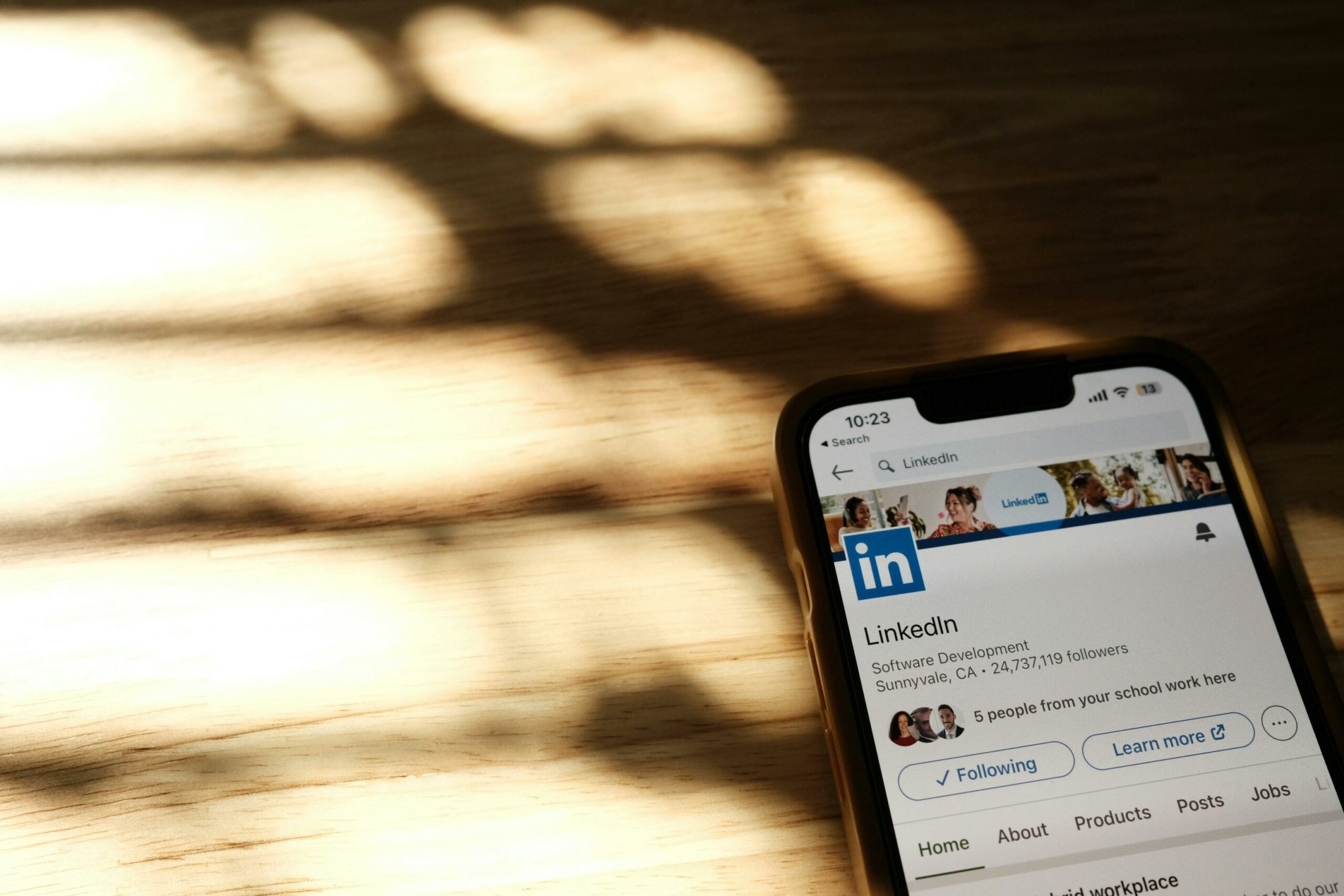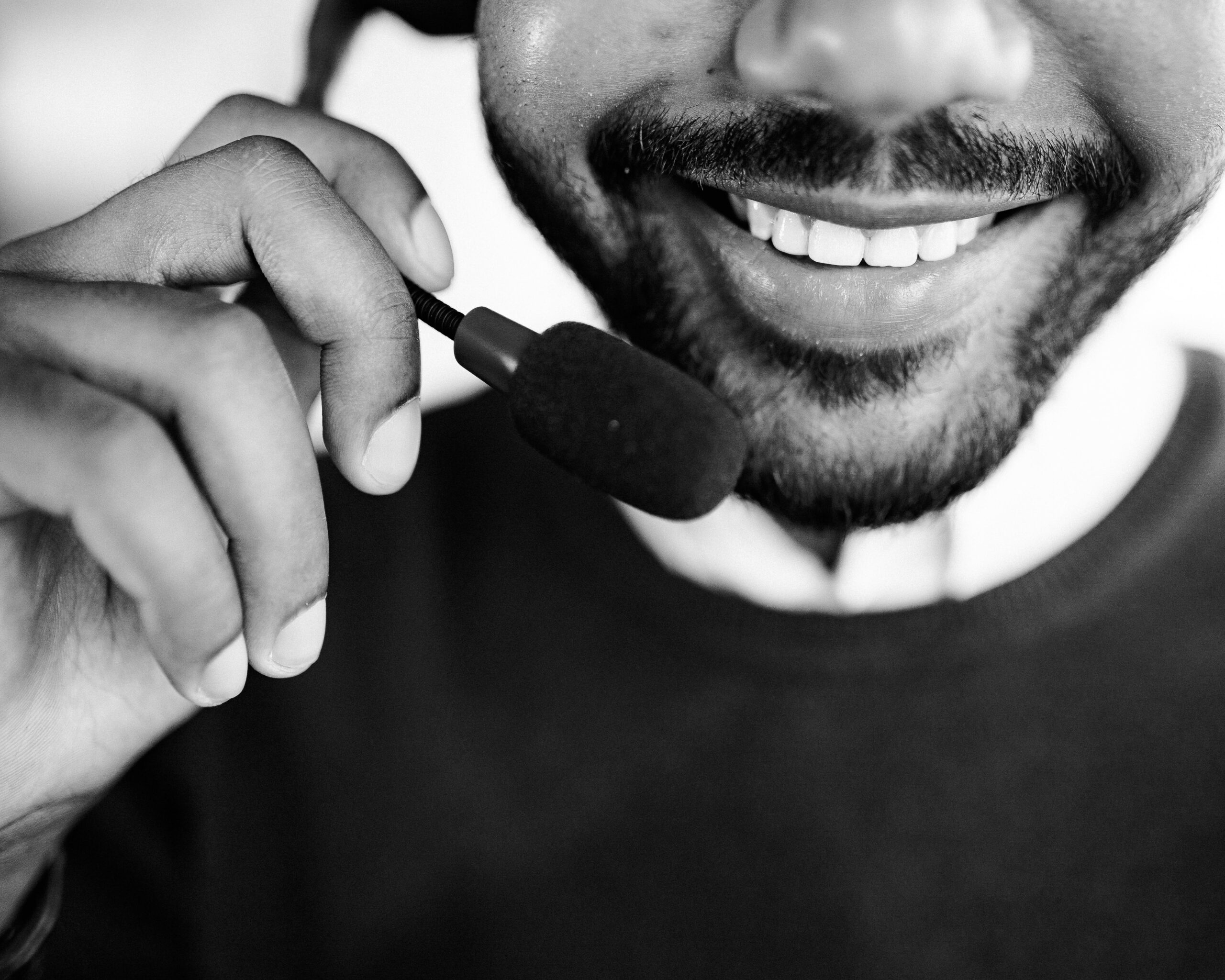Writing fake Google reviews and buying ‘likes, as some Australian companies do, coupled with the rise of manipulated content by Artificial Intelligence (AI), may make it increasingly difficult for consumers to distinguish authentic businesses from those that are not.
Irwin Hau, the founder and director of Chromatix Web Design and Australian tech SaaS start-up ConversionCow, is calling for better enforcement measures to counter fake trust factors like reviews, testimonials, case studies and social media ‘likes’.
“My advice to clients whom we build websites for is to be authentic and real because they will build up their trust factors over time. While most would never consider faking it, the abuse of trust factors makes it difficult for authentic businesses,” says Hau, who has researched over 60,000 websites since 2009.
Hau said that in Australia, such abuse of trust factors could be seen as misleading and deceptive under Australian consumer law. “Still, I doubt that The Australian Competition and Consumer Commission (ACCC) has even considered investigating the issue.
“The rise in reliance on reviews and testimonials makes trust factors as important as advertising in the marketplace. Consumers and B2B buyers ask, ‘Is this company real? Who am I dealing with? Is it a real human being?’ Authenticity and trust lie at the root of protecting the public.
“A website is a medium that holds information, which must be truthful. Some companies will buy fake reviews to appear bigger than they are—a fake it until you make it approach. But that’s deception.”
Hau says the increasing use of AI in marketing is also a trust issue because AI relies on what is already on the Internet; AI does not generate original content, which poses the question of ‘how far is too far’ between inspiration and plagiarism.
“I think this is a conversation that we all need to be having,” says Hau. “Customers want what’s real; they want relationships with authentic businesses, not fake news, fake reviews and fake websites.”
Hau offers the following advice about how to make authentic trust signals stand out:
1. Awards or Accreditation
Authentic awards or accreditations are traceable and challenging to fake.
“Get accreditations, enter awards (even as a finalist), you have something authentic and noteworthy to discuss. If your reviews and likes are few, accreditation and awards more than make up for it.”
2. Real Names
Hau says first names and initials are easy to fake, but many companies insist on this tactic because they don’t want to ‘upset’ a customer, often without even bothering to find out how the person providing the testimonial or case study feels.
“Full names are so important it should be full or nothing.”
3. Use authentic images
“Don’t skimp by using stock photographs on your website,” says Hau. “Aim to be more human and personal. Pay for custom photo shoots with local people because it helps you stand out from all the websites populated with stock photos.
“Real photos will give you a great return on investment and make your website look amazing.”
Hau says the key is to make the website more human, traceable, and authentic. “Feature more people and provide genuine social proof like videos of customers talking about their experience.”
For more information visit: Chromatix Web Design and ConversionCow.













